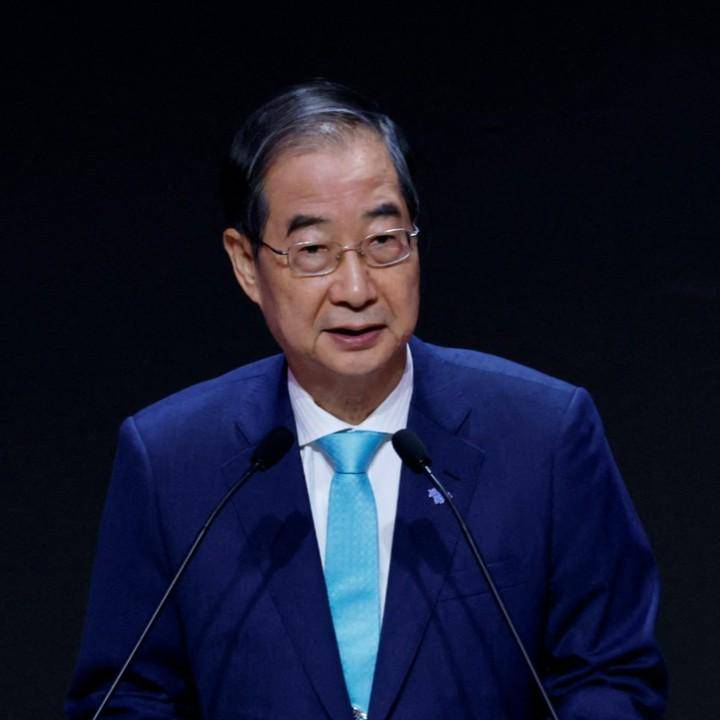South Korea Faces Political and Economic Crisis as Acting President Faces Impeachment Vote.
South Korea is on the brink of a political and economic crisis as the nation’s acting president, Han Duck-soo, faces an impeachment vote in the National Assembly. This unprecedented event, initiated by the main opposition Democratic Party (DP), comes at a time when the South Korean won has plunged to levels not seen since the 2007–2009 global financial crisis, reflecting heightened uncertainty in Asia’s fourth-largest economy.
The Impeachment Motion
The DP has accused Han Duck-soo, who is also the prime minister, of complicity in an alleged insurrection linked to suspended President Yoon Suk-yeol. This comes after Yoon’s controversial declaration of martial law on December 4, a move that further destabilized the nation. The impeachment motion was submitted after Han declined to fill three critical judicial vacancies on the Constitutional Court, which will ultimately decide Yoon’s fate.
While the Constitution mandates that six of the nine judges on the Constitutional Court must uphold an impeachment to remove a president from office, the court currently has only six active justices due to unfilled vacancies. As a result, any decision on Yoon’s impeachment would require unanimity.
Legal Ambiguity Over Impeaching an Acting Leader.
South Korea’s legal framework is unclear on whether the two-thirds majority required to impeach a sitting president applies to an acting leader. The DP argues that Han can be impeached with a simple majority of 151 lawmakers, based on provisions for removing Cabinet members. With 192 seats collectively held by the DP, minor opposition parties, and independents, they only need a few defectors from Han’s People Power Party (PPP) to meet the two-thirds threshold.
The PPP, however, contends that impeaching Han requires a two-thirds majority of 200 lawmakers. This disagreement underscores the deep divisions within South Korea’s political landscape.
Potential Economic Fallout.
The stakes are high for South Korea’s economy, which is already under strain. If Han is impeached, Deputy Prime Minister and Finance Minister Choi Sang-mok would assume the acting presidency. Choi has cautioned that such a move could further destabilize the economy, which he described as "walking on thin ice." He emphasized that additional political uncertainty could damage investor confidence and worsen the country’s economic standing.
South Korea’s currency, the won, has depreciated significantly amidst these developments, reaching lows last seen during the global financial crisis. This decline reflects both internal political instability and external pressures, including global economic challenges.
A Nation at a Crossroads
The impeachment vote on Friday is not just a test of Han Duck-soo’s leadership but also a reflection of the broader challenges facing South Korea. The country is grappling with a constitutional crisis, economic vulnerability, and a deeply divided political environment.
If the impeachment proceeds, it could set a new precedent for addressing leadership accountability in South Korea. However, it also risks plunging the nation into deeper turmoil at a time when stability is crucial.
As South Korea waits for the outcome, the nation stands at a critical juncture. The decisions made in the coming days will not only shape its political trajectory but also determine its economic resilience in the face of mounting challenges.
By addressing these pressing issues with transparency and unity, South Korea can navigate this crisis and emerge stronger. For now, all eyes are on the National Assembly, where history is in the making.




No comments yet
Be the first to share your thoughts!